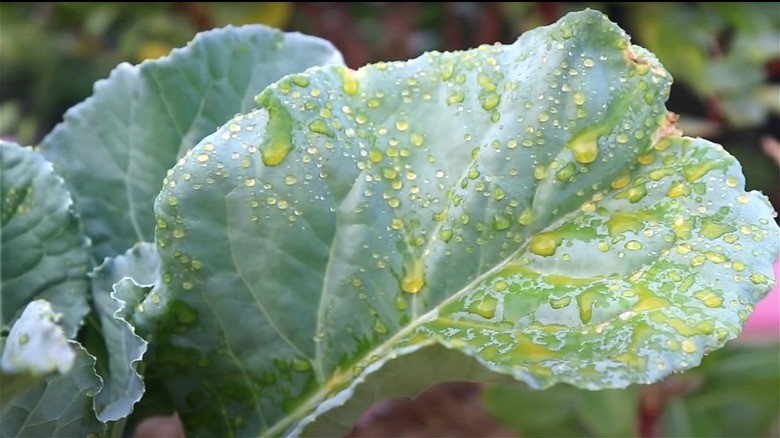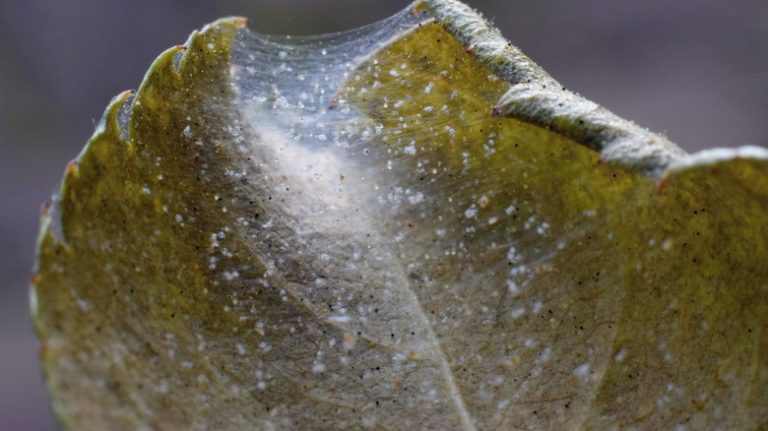When you’ve worked hard to cultivate and care for a garden, it’s frustrating when your flowers and luscious leafy plants get sick. Blight, black spot, leaf spot, powdery mildew, and rust are common fungal diseases that can creep in and cause decay. Usually, the go-to solution to treat fungus has been commercial sprays, but these are probably not the safest or most natural option available. Thankfully, a few natural remedies exist, such as treating powdery mildew with baking soda. However, turmeric may be an even more effective botanical fungicide; you can use it to prevent a multitude of fungal issues. It does this by virtue of curcumin, a compound found in turmeric that, according to WedMD, is believed to offer a host of benefits, including antifungal properties.
Because it can positively affect plant tissue, turmeric is handy as part of a pre-emptive strike against fungus from encroaching in the first place. This is important to remember if you’re about to plant seedlings and want a head start in the battle against garden fungus. It’s simply a matter of remembering to add turmeric to your plant maintenance program.
How to treat (and prevent) fungus in plants with turmeric

YouTube
You can buy fresh turmeric root and grind it yourself to harness this spice’s powerful antifungal properties, but using pre-ground powder is perfectly fine. What you’ll do is mix this with water in a spray bottle. A loose guideline here is to mix 20 grams of the spice with a liter of water — or 80 grams per gallon for more demanding applications or larger plants. (An easier way to remember this is the turmeric-to-water ratio should be one to ten when making a spray.) All you need to do is stir it for a few minutes; then, you can spray the plants directly every two weeks as a fungicide treatment and preventive measure. However, test the turmeric water on a small area and monitor it first. If the plant browns, discontinue use immediately.
A thick paste can also be created with turmeric powder to treat affected foliage and rose dieback disease. This can also be used for healthy plants; after pruning, apply it as a preemptive antifungal treatment to the cut area. Finally, you can mix two tablespoons of turmeric powder into the soil before planting something new to help prevent fungal infections.


